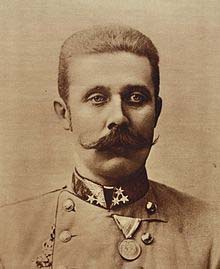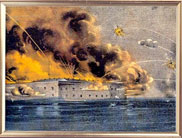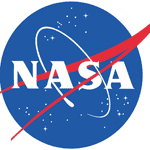
Archduke Franz Ferdinand
of Austro-Hungaria (1863-1914)
On June 28, 1914, Archduke Franz Ferdinand, the presumptuous heir to the Austro-Hungarian throne, was assassinated by a Serbian militant named Gavrilo Princip. This lead to a chain of events that ignited the powder keg of European mutual defensive pacts and triggered the first World War.
And war was never the same again.
Horses were replaced with mechanized, armored tanks for the first time. Radio was used to triangulate artillery bombardment without a direct line of sight. Land mines halted enemy advances. Air planes patrolled the skies for the first time and dropped bombs and rained machine gun fire onto soldiers. Chemical and biological weapons were deployed for the first time with horrendous results. War stopped being the close, personal, visceral evil that it had been since the beginnings of human history, and it became distant and impersonal. Armies could fight each other from a distance through crosshairs and scopes. War could be waged with bombs and machines at a global level with industrial killing efficiency.
When the dust had settled and peace had come, the nations of the earth were so horrified with what had transpired, that they declared this "the war to end all wars".
They were wrong...
[More]
982e79bc-7a59-4d78-8c46-2300860bb4b6|0|.0
Tags:World War I, World War II, Archduke Franz Ferdinand, Austria, Austro-Hungaria, Serbia, tank, airplane, artillery, trench warfare, chemical weapon, biological weapon, atomic bomb, nuclear weapon, weapon of mass destruction, war, powder keg, mutual defense pacts, Dwight D. Eisenhower
Today marks the anniversary of quite a few historical events of significance.

Today, the American Civil War turns 150 years old, as we observe the anniversary of the April 12, 1861 attack by Confederate troops of Fort Sumter near Charleston, South Carolina. Although a grim occasion on its own right, this attack does have some silver lining, as it began the conflict that would eventually set in motion this nation's steps towards racial equality.
50 years ago today, on April 12, 1961, Soviet cosmonaut Yuri Gagarin became the first human being to travel into space and orbit the Earth.

Today is also the 30th anniversary of the 1981 maiden voyage of the space shuttle Columbia, the world's first reusable spacecraft. It was a momentous and cheerful day for space exploration. The shuttle itself met a tragic end, when it disintegrated on re-entry during a mission, killing its seven crew and passengers over 20 years later. I'd like to take this moment to thank the brave men and women of NASA for the heroic work they do expanding the horizons of human knowledge and experience, and to offer my sincerest condolences to the friends and family of all such heroes who did not return.
[More]